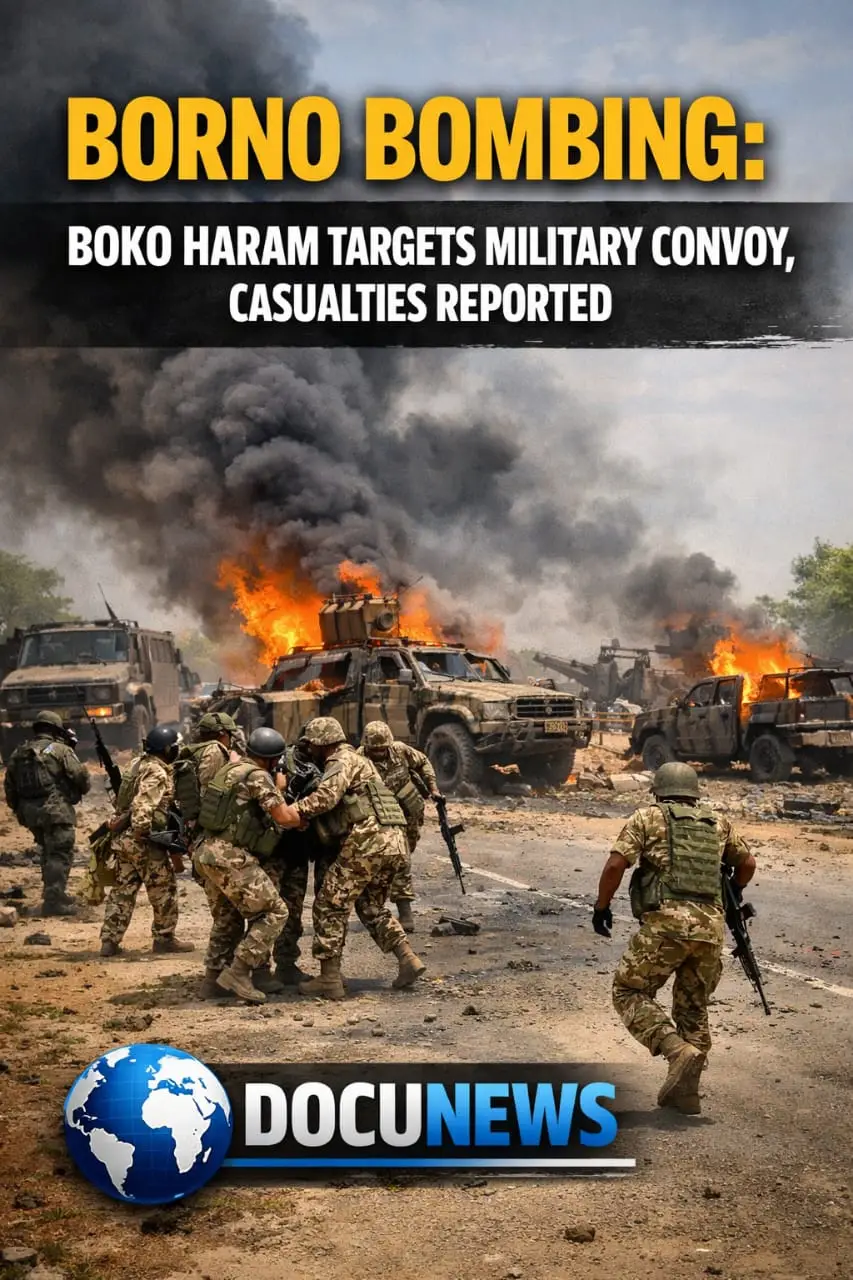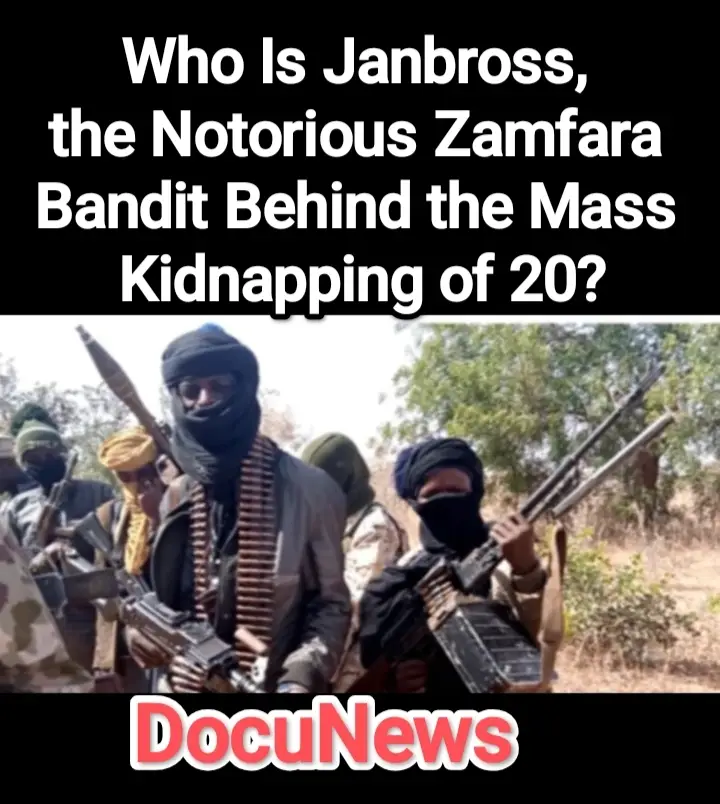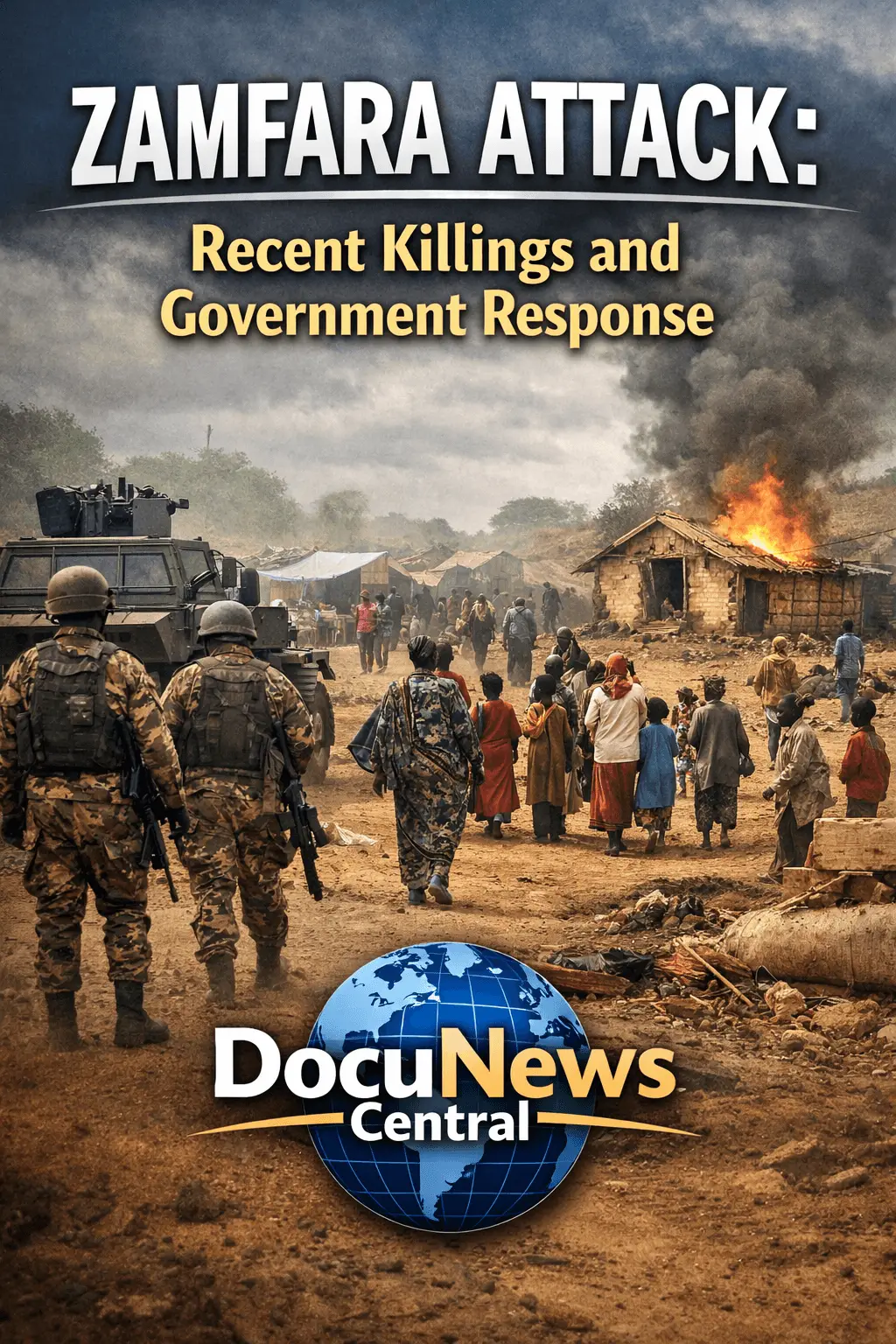
Introduction
The leadership of Miyetti Allah has taken a bold step. The group has written to the United States Congress to clear its name. They insist they are neither a religious group nor a terrorist organization. Because of this, they want their name removed from the U.S. sanction list. Their message is simple and direct. They believe the allegations against them are unfair, damaging, and influenced by politics.
This development has ignited fresh conversations across Nigeria. Many people are eager to understand what prompted the group to address the U.S. lawmakers directly. If you follow national issues regularly, you may have seen similar controversies. For example, related groups have also faced accusations over insecurity challenges. You can read more on this in our report on recent security updates.
Why Miyetti Allah Reached Out to the U.S. Congress
Miyetti Allah says the sanction label is dangerous. It affects its members, its public image, and the safety of herdsmen across Nigeria. According to the group, the label is not only misleading but also harmful to innocent pastoralists. Therefore, they want full delisting.
The group argues that its members are mostly peaceful cattle rearers. They insist they have no religious agenda. They further state that they do not operate like extremist or militant groups. In their letter, they explained that any attempt to classify them as terrorists is wrong. Since the accusation lacks evidence, they want the U.S. government to reverse the action.
Because insecurity issues often generate strong debates, the group believes its name has been dragged into conflicts it didn’t create. This is not the first time a Nigerian organization has faced international scrutiny. If you want more context on similar cases, check out our analysis on Nigeria’s global relations.
The Group’s Defense: “We Are Not Terrorists”
Miyetti Allah stressed that they do not support crime. They argue that criminal elements are often wrongly linked to the larger Fulani community. According to them, bad actors exist everywhere. Because of this, they want authorities to separate criminals from law-abiding members.
They emphasized that they are not an armed group. Instead, they describe themselves as an advocacy organization. Their aim is to protect the interests and welfare of pastoralists. They added that they promote peaceful coexistence between herders and farmers. Since conflict resolution is part of their mission, they say they often encourage dialogue.
This point is important because Nigeria’s internal security challenges have escalated in recent years. Several reports, including our coverage on NAF airstrikes in Zamfara, show how complex insecurity issues have become. Miyetti Allah believes this complexity makes many people draw wrong conclusions about them.
Why the U.S. Sanction Listing Matters
A sanction by a foreign government carries global consequences. It influences how international bodies, media organizations, and other governments view the sanctioned entity. Because of this, Miyetti Allah believes the listing has created fear and suspicion. They argue that many Nigerians now see them through a negative lens due to foreign perception.
The group also says the sanction affects their ability to operate freely. They insist it damages their advocacy efforts. According to them, the sanction has also affected livestock businesses run by peaceful herders.
They also believe the listing could worsen ethnic profiling. Many Fulani herdsmen have repeatedly complained about discrimination and fear of attacks. The group argues that sanctions place a heavy burden on young herders who are not involved in violence.
The Letter: What Miyetti Allah Told U.S. Lawmakers
In the letter, the group called for immediate delisting. They stated that their activities are open, transparent, and lawful. They accused some political actors of pushing false narratives. According to them, these actors benefit from chaos and division.
The group also asked the U.S. Congress to investigate the allegations. They want American lawmakers to engage with credible Nigerian institutions to understand the truth. Since many international bodies rely on reports from independent organizations, the group believes they were judged unfairly.
In their appeal, they noted that they support peace and unity. They expressed willingness to cooperate with security agencies, both local and international. Because of this, they believe delisting them will strengthen peace-building efforts.
Public Reactions in Nigeria
Nigerians are reacting strongly to the news. Some citizens believe Miyetti Allah should face more scrutiny. Others feel the accusations are political. A few argue that all groups linked to insecurity should undergo a transparent investigation.
This conversation mirrors debates that followed incidents like the DSS recapture of a wanted terrorist. Many Nigerians now demand more accountability from every group, regardless of tribe or occupation.
Public opinion is therefore divided. Some Nigerians welcome Miyetti Allah’s decision to speak up. Others say the group should work harder to clean up its image locally before seeking foreign support.
What the Delisting Could Mean
If the U.S. Congress removes their name from the sanction list, Miyetti Allah may regain credibility. This could help ease tension in rural communities. Herders may also feel safer while carrying out their daily activities.
Additionally, the move could improve Nigeria’s internal peace efforts. It could help reduce ethnic suspicion. When communities feel heard and respected, conflict often reduces.
However, some analysts believe the delisting alone may not solve deeper conflicts. They argue that issues such as land disputes, population growth, and climate challenges require sustainable solutions.
For more insight into similar issues, you can read our article on Nigeria’s rising security challenges.
Conclusion
Miyetti Allah’s letter to the U.S. Congress marks a significant moment. The group wants the world to know that they are not a terrorist or religious organization. They want justice, fairness, and an opportunity to clear their name.
Whether the U.S. will act on their request remains unclear. Yet the group’s action shows a growing desire to reshape its global image. The coming weeks will reveal how international bodies respond. Until then, the debate continues across Nigeria. for more verified news like ours go to http://legit.com











Your point of view caught my eye and was very interesting. Thanks. I have a question for you.
I don’t think the title of your article matches the content lol. Just kidding, mainly because I had some doubts after reading the article. https://www.binance.info/de-CH/register?ref=W0BCQMF1